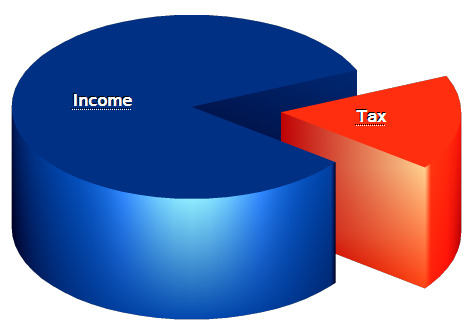Attempts to provide a theoretical grounding to the practice of taxation are reflected in various theories of taxation, the evolution of which took place together with the development of various directions in economic thought.
Classical Taxation TheoryFor a long time, the classical taxation theory was of most importance. As a result, taxation was only granted the fiscal role of providing state revenues. A. Smith is considered to be the father of the scientific taxation theory. In his monograph “An Inquiry into the Nature and Causes of the Wealth of Nations” Adam Smith gave a definition of the taxation system, indicating the main conditions for its formation and putting forward four main taxation principles: equity, determination, convenience and thrift of taxation administration.… Read the rest

